https://philaholisticclinic.com/traditional-chinese-medicine/
What Is Traditional Chinese medicine And Is It Effective?
Traditional Chinese medicine
Traditional Chinese medicine is about 4000 years old and still popular all over the world because of its effectiveness. Recently, people have shown great interest in traditional Chinese medicine (TCM). Conventional treatments and medicines often come with the possibility of adverse effects and sometimes fail to provide long-term relief, particularly for chronic conditions. Thanks to TCM’s safety and natural approach, more and more people are willing to look beyond conventional medicine to treat their ailments and prevent future sicknesses.
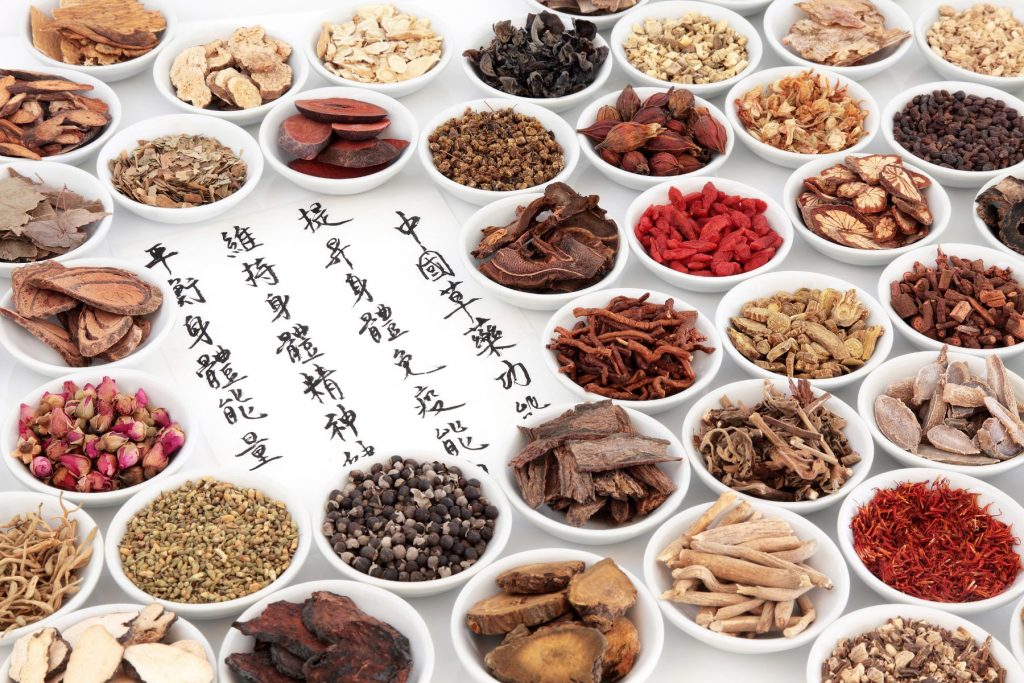
It’s no surprise that so many people have been searching for ‘traditional Chinese medicine near me.’ It is a very unique and holistic approach that can provide relief for various ailments.
What Is Traditional Chinese medicine?
TCM is an ancient Chinese wellness and health system that’s been practiced for thousands of years. Unlike western medicine that solely focuses on the illness, TCM concentrates on the entire being.
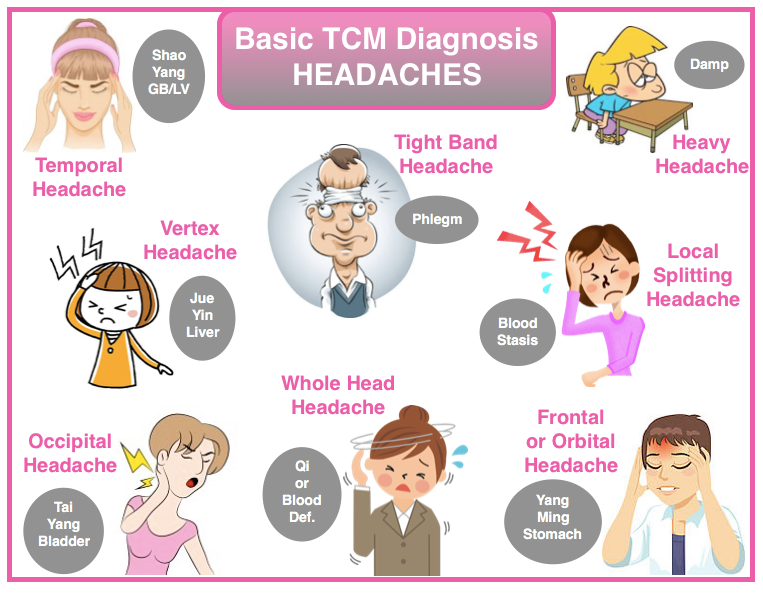
TCM focuses on energy, harmony, and balance. TCM incorporates two central ideas:
- QI: It is also known as vital or life energy. TCM believes that Qi flows throughout your whole body. It’s always moving and changes continuously. TCM encourages and sustains the flow of qi.
- Yin & Yang: Yin and Yang are opposites of each other, and they describe the characteristics of qi.
- Yin: negative, feminine, cold, dark, night
- Yang: male, positive, warm, light, day
TCM propounds that everything and everyone has a few of their opposites, and the key is maintaining balance. For instance, a drug can cure your diseases, but if you consume too much of it, it can have deadly consequences.
TCM believes that when you balance Qi’s Yin and Yang, you’ll have a healthy state of mind and body. If they’re out of balance, you’ll get sick.
What Treatments Does TCM Offer?
Traditional Chinese medicine does not comprise a single treatment but incorporates a plethora of treatments and therapies for various conditions and ailments. Popular among these are:
Acupuncture
This ancient practice inserts very thin needles into your muscles, subcutaneous tissue, and superficial skin at very particular acupuncture points and tries to manipulate them. Your body has more than 2,000 acupuncture points and is linked by 12 meridians. These meridians conduct qi between your internal organs and the surface of your body.
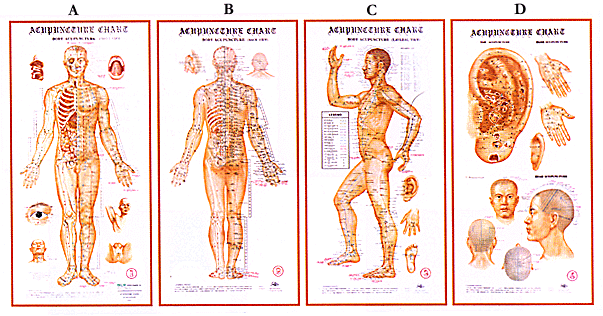
Acupuncture maintains the balance between Yin and Yang and promotes the flow of Qi in your body, healing and preventing sicknesses. It is also very effective in reducing stress and anxiety. It usually takes a few sessions before noticing results and can be particularly beneficial for chronic conditions.
Cupping/Scraping
This traditional Chinese medicine procedure is very popular with athletes; you must have seen some sportsmen having purple circles on their back from cupping. Cupping and scraping consist of placing numerous plastic or glass cups on your body. The cups are warmed with a cotton ball or other flammable items, which is then inserted inside the cup to eliminate all the oxygen. This process allows the cup to stick to your skin. Generally, they are placed on your back or stomach. It can effectively treat inflammation, pain and promote blood flow, relaxation, and overall well-being.
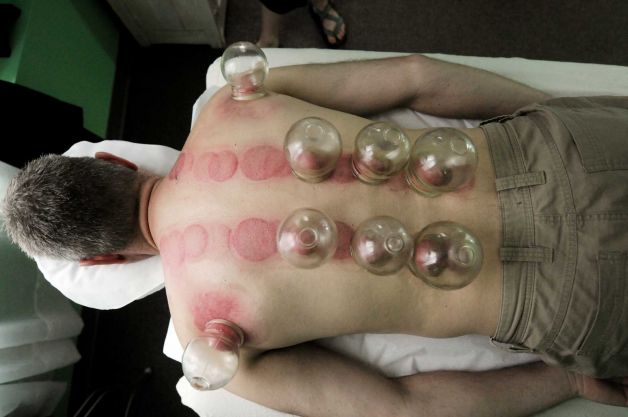
Gua Sha, also known as scraping, uses pieces of smooth stones, horns, animal tusks, bone, and smooth jade to remove toxins and obstructions present on your skin’s surface. The process is completed after bruising covers the treated area. It can promote healing and reduce inflammation.
Tui Na Massage
Tui Na embodies a unique combination of acupressure and various forms of body manipulation. It has been practiced in China for centuries. Tui Na sessions consist of the patient sitting clothed in a chair. Before starting the treatment, a series of questions are asked to the patient. Tui Na massages can, at times, be rigorous.
To enhance Tui Na techniques, practitioners often use ointments, herbal compresses, and heat. Tui Na can treat a multitude of ailments but is best suited for musculoskeletal conditions and chronic pain.
Moxibustion
This traditional Chinese medicine is a therapy where moxa made from Artemesia Vulgaris is burned to accelerate the healing process.
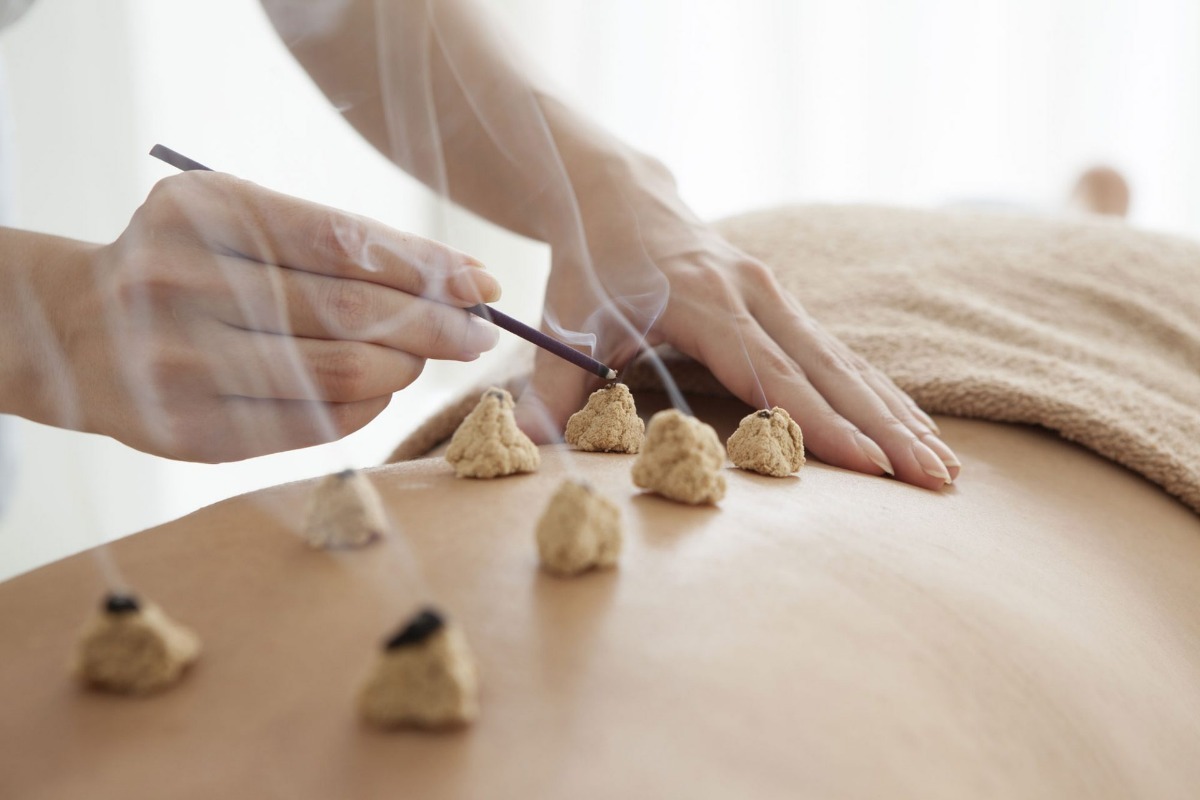
The burning process can produce a huge amount of smoke and is quite similar to that of cannabis. Moxibustion aims at encouraging the flow of qi throughout your body, dissolving stagnation, dispersing cold and expelling wind, warming and invigorating your blood, and also strengthen your kidney’s yang. Moxibustion has also been used as a remedy for menstrual pain.
Chinese Nutrition
This traditional Chinese medicine is based on the Chinese understanding of the effects food has on the human body. Chinese nutrition comprises of 5 tastes-salty(cooling), sweet(strengthening), bitter(cooling), sour(cooling), and spicy(warming). It puts forward that foods with particular tastes also possess unique characteristics. Chinese nutrition does not believe in one size fits all and doesn’t restrict any food items. In TCM, the primary defense in health matters is nutrition.
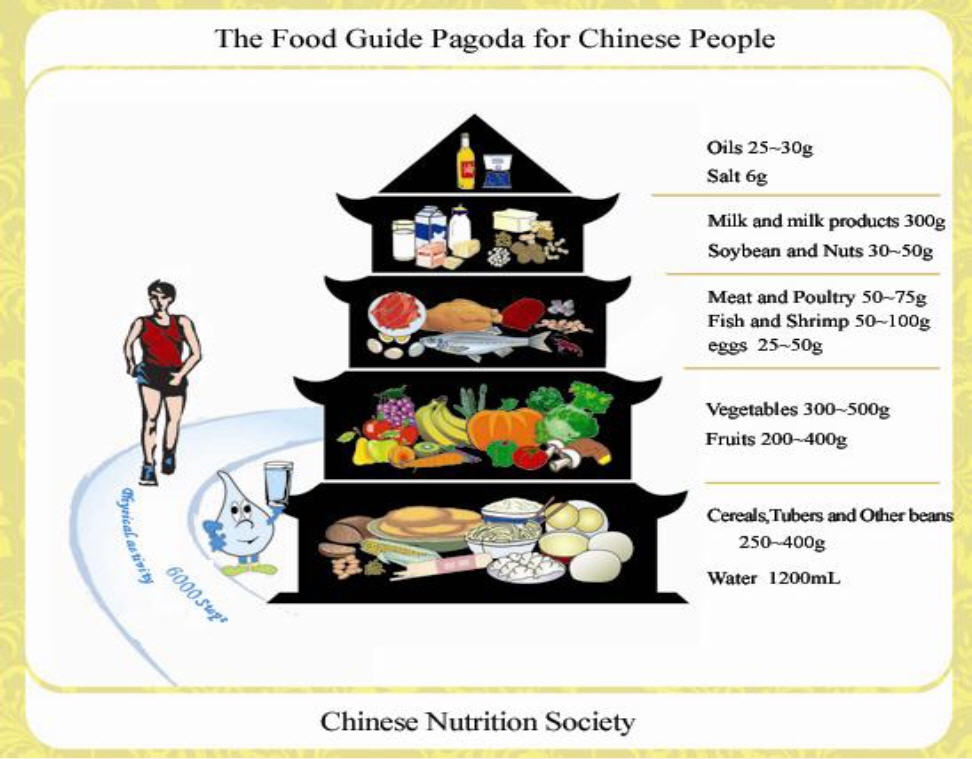
Chinese nutrition can help boost your body’s defense against diseases and promoting a healthy diet. It can work wonders for your body if used in conjunction with other TCM methods and treatments. Avoiding processed foods and using uncontaminated products is essential.
Chinese Herbs
There are numerous traditional Chinese medicine herbs that deal with various diseases and illnesses. They originate from multiple sources such as seeds, flowers, stems, roots, and leaves of different plants like rhubarb, licorice, ginseng, ginger, and cinnamon bark. In TCM, ginseng is the most widely used among traditional Chinese medicine herbs and targets various ailments. For treatment purposes, Chinese herbs are blended into a solution and are prescribed in the form of powders, granules, liquid extract, capsules, or traditional tea.
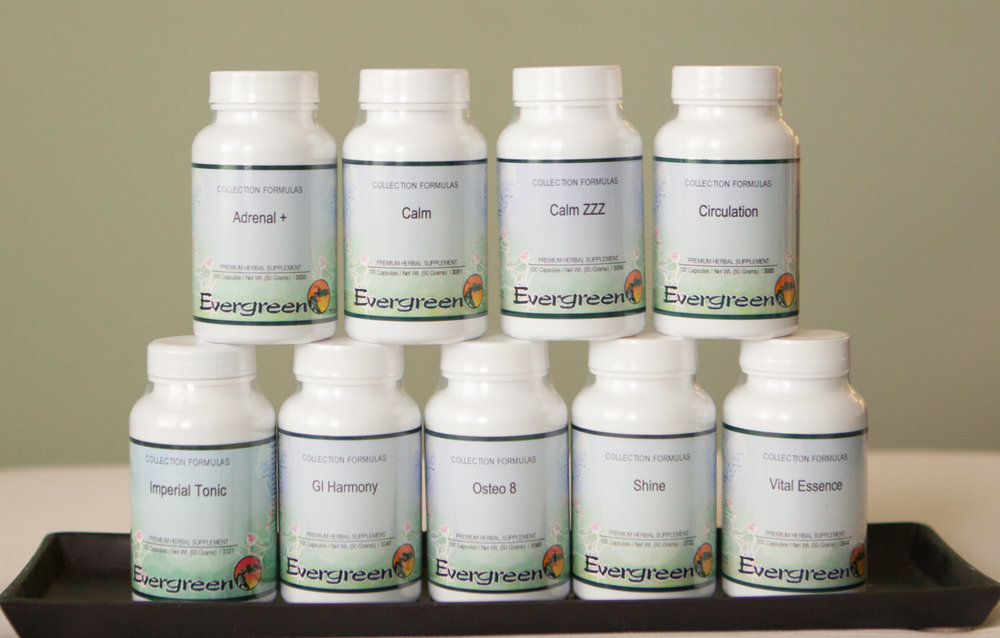
Chinese herbal therapy concentrates on building your body’s immunity to diseases and regaining your body’s balance. It can also deal with numerous benefits, such as:
- Decreasing pain
- Regulate menstrual cycle
- Improve your sleep
- Improve menopausal symptoms
- Improve digestion
- Improve your breathing
- Increase energy
- Lessen cold/flu symptoms
Is traditional Chinese medicine Safe?
TCM is widely regarded as safe. Side effects usually arise from excessive use or going to an inexperienced practitioner. This is particularly true for moxibustion, cupping, and acupuncture. TCM is known for improving the overall health and quality of life. Even if people are not suffering from any illnesses, many people still refer to TCM to improve their health.
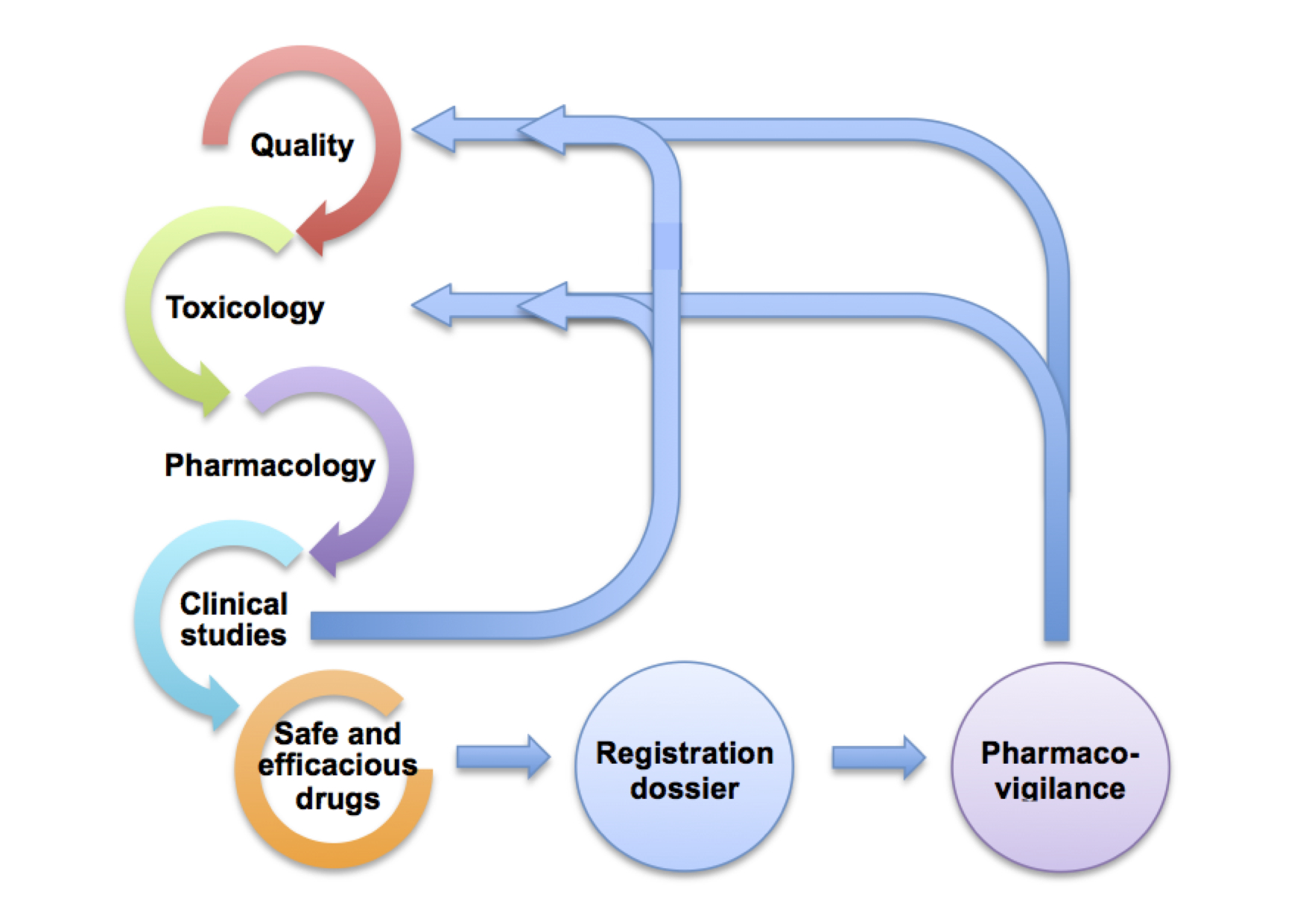
Herbs, on the other hand, can be a little tricky. Particularly for people under medication, Chinese herbs may react negatively if used in conjunction. If you’re under any kind of blood thinners, it’s highly recommended that you refrain from Chinese herbs. Always talk to your doctor before consuming any sort of Chinese medicinal herb.
Does traditional Chinese medicine Work?
TCM covers numerous methods and treatments, and results vary from
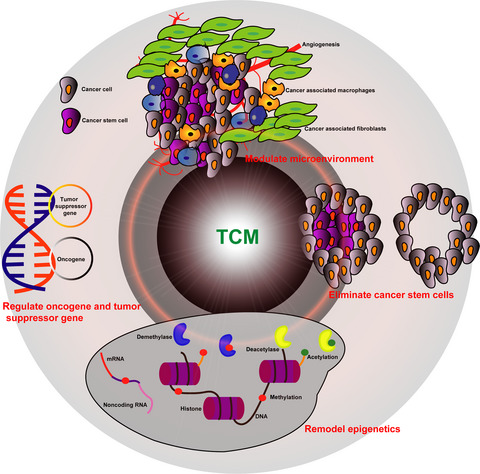
person to person. In some individuals, TCM can produce better results even in comparison to conventional methods and procedures. Significant research has been conducted on the efficacy of acupuncture and herbs.
- Cupping has shown to alleviate pain from shingles
- Chinese herbs have shown promise in treating arthritis, menopause, and insomnia
- Acupuncture is excellent in relieving pain and lessening the adverse effects of chemotherapy
Since TCM comprises natural and safe treatments, it can take time to see significant results. They can also be used in combination with conventional, natural, or alternative treatments to speed up the recovery results.
Who Should Avoid traditional Chinese medicine?
If you’re suffering from severe conditions like liver disease or cancer, it’s not recommended to replace western and conventional treatments with TCM.
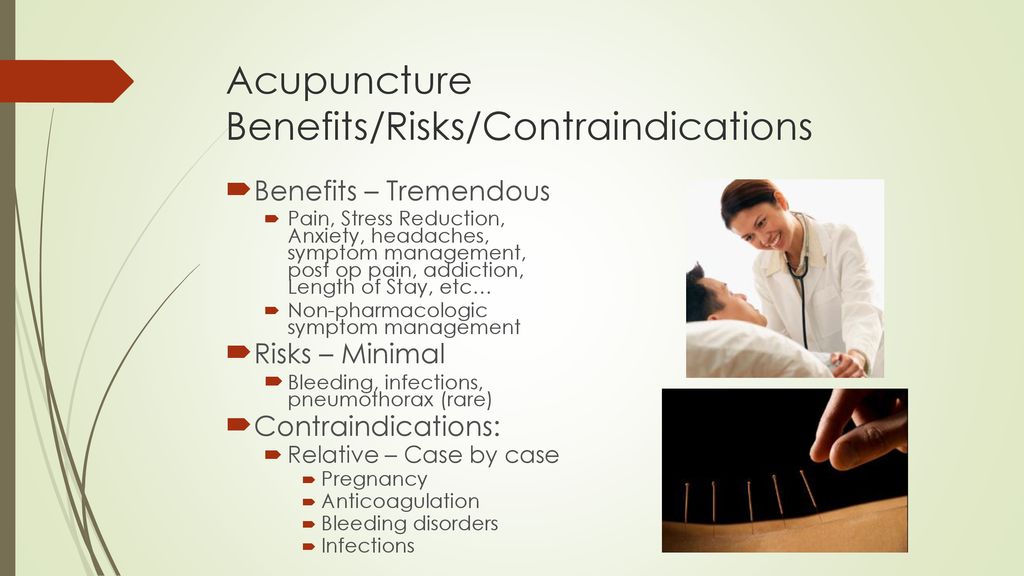
If you fall under the below-mentioned demographic, you should use Chinese herbs with caution:
- Taking other medicines
- Scheduled for surgery
- Breastfeeding or pregnant
- Elderly
- Nursing a child
How To Find The Best traditional Chinese medicine Practitioner in Philadelphia?
You’ve probably googled for traditional Chinese medicine practitioners near me before, and the process of finding the best practitioner can be quite troublesome. Due to the popularity of TCM, there are plenty of practitioners cropping up, so how do you find the right one?
Make sure you do your research online. If they don’t have any online presence, you should probably refer to one that does. Check their website, and make sure to read the reviews as well.
Also, ask for their accreditation and qualification. You shouldn’t feel shy, and most practitioners would have no problems furnishing their licenses. You can also get in touch with previous clients of theirs and ask for referrals.
Ensuring that they are well trained and licensed is indisputable. Remember that TCM, in general, has very few or no side effects. Adverse effects result mostly from malpractice, so make sure that you go to the best practitioner possible. Traditional Chinese medicine can provide tremendous relief.
Conclusion
TCM is a unique and safe approach to health and wellness. It comprises numerous techniques and treatments that can treat a plethora of conditions. It’s also a great way of boosting your health and quality of life. You might have to experiment with a few treatments before finding the most suitable one for you.
Generally, TCM is regarded as safe. However, it can take time to see results. For some individuals, TCM provided tremendous relief, even where conventional methods and treatments fail. More people are willing to look beyond conventional medicine to treat their ailments and prevent future sicknesses.
If you’re not happy with the results from traditional treatments and medicines, traditional Chinese medicine may provide you the solution you’ve been looking for.
Contact Philadelphia Holistic Clinic (267) 284-4305 to schedule your appointment for Alternative Holistic Evaluation with Dr. Tsan
Comments
Post a Comment